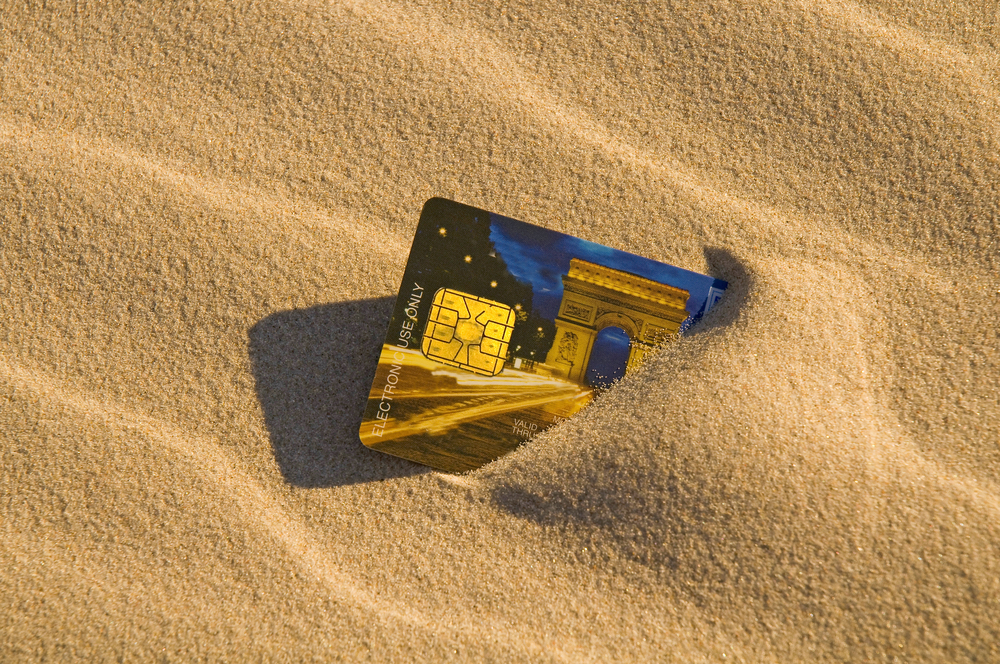News
Prepaid cards: what are they and are they right for your holiday?

When you head off on your holidays, it’s essential you pick the right plastic to avoid hefty foreign transaction fees. With some prepaid cards promising no exchange rate mark ups and free cash withdrawals, could they be right for your overseas wallet?
Prepaid cards are a more convenient alternative to carrying cash – you load them up before you go abroad so you’re essentially locking in the exchange rate at that time, rather than when you make a purchase or withdraw cash abroad.
Another bonus is they can help you budget as you know exactly how much you can spend on them. If you want to spend more you’ll need to reload the card, but as many now come with an app you can do this at home or when you’re on holiday.
They’re often considered safer than cash or travellers’ cheques as the currency on your card isn’t linked directly to your bank account and it can be cancelled if it’s lost or stolen.
However it’s important to note that while they are widely accepted abroad, you shouldn’t use them for security deposits in hotels or when hiring a car as the card can be blocked, often for up to 30 days.
And using them at home in the UK isn’t recommended as you’ll often be charged for each withdrawal.
While some providers offer single currency cards, others are multi-currency which can be good if you’re going to a few different destinations.
There are a number of different prepaid currency cards available so it’s important you know what fees and charges they include.
For instance, some are free to get while others have no annual fee, yet others charge you a fee to load the card.
Below, we include a comparison of some of the top multi-currency prepaid cards available:
Real money saver
Andrew Hagger of Moneycomms.co.uk said: “For those who travel frequently these cards can be a real money saver and worth keeping in the drawer with your passport – many are now linked to an app on your phone so you can check your balance and in some cases switch money between different currencies.
“One thing to be aware of with these cards is that many charge a dormancy or inactivity fee (can be £2 per month) if the card isn’t used for 12 months.”
See YourMoney.com’s Ultimate money-saving hacks for holidaymakers for tips on bagging the best currency rates, cheap flights, insurance and car hire, as well as the best debit and credit cards to use abroad.
Also see information on the new fee-free Travelex Supercard for overseas spending, launched this week.
